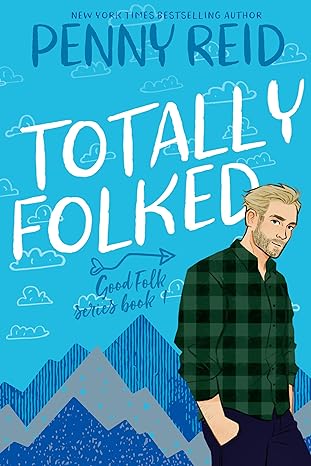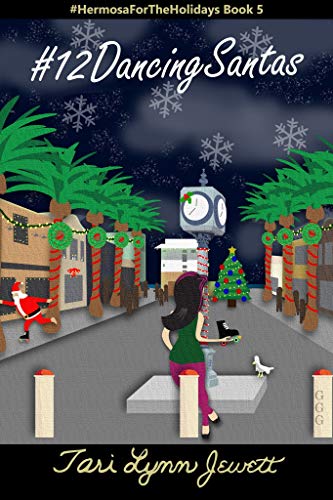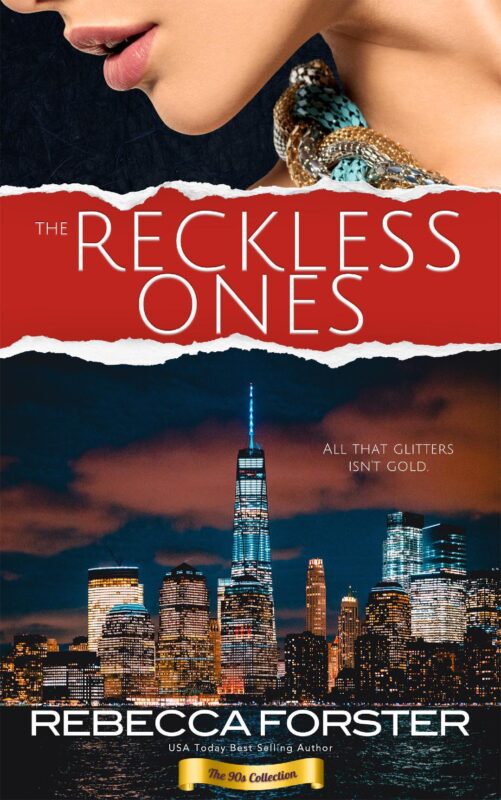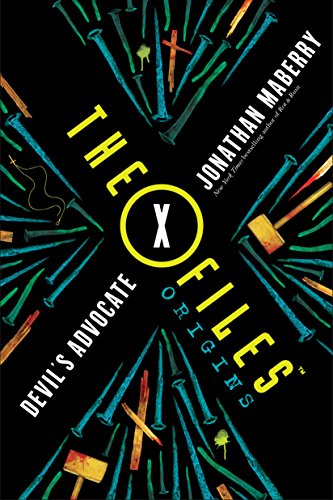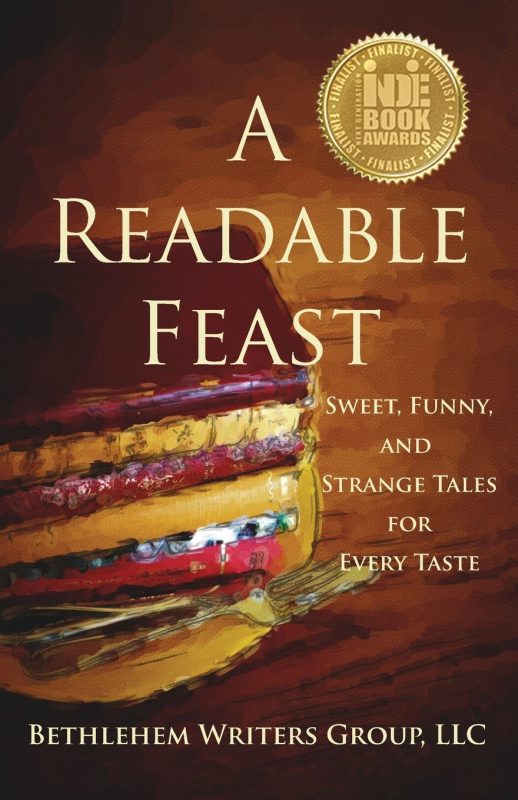Plotter vs Pantser – Who are you?
August 4, 2015 by Marianne H. Donley in category Archives tagged as Elizabeth Scott, Plotting, writing lifeAre you a plotter? One who fills up twenty or thirty pages, sometimes more, with scenes, settings, motivation, goals, conflict and character profiles before you can sit down and write the first chapter?
Or are you a pantser? Someone who gets an idea, makes a short list of ideas on one page and then sits down and starts to write, letting the story tell itself and unfold before your very eyes?
Some of you already know you’re a plotter and you follow a strict routine that helps you write pages and pages without too much trouble. While a synopsis is great for getting an editor or publisher to gain interest in your story, it can also be a great tool as a guide for your manuscript. It’s much shorter than the thirty to fifty pages of story plotting but with less detail. Some writers need more and some less, but whatever method you use, it has to be right for you or you’ll never finish any story. You’ll try many different methods before finding a style of writing that’s a perfect fit and will carry you through many manuscripts. I tried many many plotting methods in my search for a writing system that fit me.
A pantser, like some writers I know, still has some idea of the beginning, middle, and the end of the story to be able to tell it. I think most writer’s fall into one of these categories but many don’t. I fall somewhere in between where my plotting is kept to a minimum of one to two pages. I also write my synopsis as I go, working out some of the characters’ external conflicts as my characters interact.
Writers are creative, unique individuals who will find what works for them and employ whatever means they need to make it happen. A muse is all and good and well, but a beginning writer has no idea what that is. Or even which genre their writing style falls into. So we read everything we can in many genres. For example, we read dozens of books on craft, we attend multitudes of workshops and online classes, sometimes so many that we lose count, and we fill small notebooks with our notes. Only to find that where we fit isn’t such a great mystery.
So we write, and we write, and we keep on writing. Because with every page we pen, every character we bring to life on the page, every heart we tug on, our writing becomes stronger, better. All of this is done with the purpose of finishing a novel someone will read and enjoy, and maybe even recommend.
A novel that will be critiqued and revised many times over. A novel that will change with every revision, every re-write, and every idea that pops into your head. A novel that will eventually make it to an editor or publisher’s desk and then most likely go through more revisions and re-writes, regardless of whether you’re a plotter or a pantser.
That’s not to say your story isn’t good, only that it can be better. Just like a good critique partner can help your story in it’s beginning stages, a good editor can help you polish your manuscript before it’s ready for publication. As long as people change, their tastes in books change. That means the industry is constantly changing. Editors and publishing needs will change to keep up with current trends and the only way for an author to survive against the millions of books competing with theirs, is to write the best book they can – straight from the heart. So whether you’re a plotter or a pantser, whether you’re new to the world of writing or have written thirty books or more, you’ll never stop learning. Because when it comes down to it, we all want our romance book to take the reader on an emotional trip through our characters. To feel the rush of falling in love all over again.
So plot to your hearts content, or pants the story of your heart, because in this complicated time our world is in, everyone wants and needs some spiritual uplifting and lots of happily ever afters.
Elizabeth Scott
OCC/RWA
V.P. Programs
Facilities Coord.
Summer Time to Write
June 10, 2015 by Marianne H. Donley in category Archives tagged as Elise Scott, Romancing the Pages, writing tips Summer is fast approaching and many writers will have more distractions at home now that their children will be home from school. So now the task of setting writing goals, and finding quiet time to write becomes even more important.
Summer is fast approaching and many writers will have more distractions at home now that their children will be home from school. So now the task of setting writing goals, and finding quiet time to write becomes even more important.- Writer’s learn by doing. So do it, WRITE! The more you write, the better your writing gets.
- Never assume your writing is the best it can be. Take classes, read books, attend workshops, ask for critiques. Everything helps make you a better story teller.
- Have faith, write what you love, and it will come through in your stories.
- Surround yourself with like minded people. They understand what your life is like and will support you.
- And last but not least, write from the heart. The stories in your head can only be written by you.
OCC/RWA
V.P. Programs
w/a Elise Scott
One Weekend, in”Romancing the Pages” OCC Anthology, on Amazon, Barnes & Noble eBook retailers.
What OCC Has Offered Me I Have Gladly Taken
April 4, 2015 by Marianne H. Donley in category Archives tagged as Elise Scott, Programs, speakers, volunteersHello OCC!
I’ve been a member of OCC for over eight years now and I’m still surprised at the amount of information that I get out of OCC meetings and the speakers.
Whether our speaker is an author, an editor, a publisher, an agent, scriptwriter, and the list goes on, I have found that I leave with a spark of new knowledge from each one. While I don’t write inspirational, historical, mystery, or women’s fiction, I still come away with at least a small token, or a writing tip, from every speaker regardless of the genre. This is something a multi published author also said to me recently and I realized how true it was.
How is that possible? Everyone has different experiences and systems for what they do. I’ve tried many of the writing systems from our various speakers and found what works for me. Like everything else in the writing process, it’s a trial and error career. Finding a routine and a writing system that works specifically for you is a challenge but not impossible.
After learning the craft of writing, which not only includes the manuscript format, the structure of your manuscript, and how to plot and brainstorm, I’ve also learned about submitting, marketing, queries, synopsis, e-book publishing vs traditional publishing and so much more. Now I write with more confidence but I’m still learning.
How does this happen? It’s all due to the OCC Programs volunteer members who are entrusted with the duty of finding a variety of speakers on a wide range of topics that will be an asset for our membership.
Every year new members join OCC and our membership is always looking for new speakers to entice both our new and veteran members. A duty we do not take lightly.
This year I am thrilled to be the VP of Programs. It’s up to me to get speakers for the next couple of years and I’m excited to see what lies ahead. I’d love to hear from our membership if there is a topic you would like to hear or someone you would like us to consider as a possible speaker. Please contact me at programs@occrwa.org with your ideas.
As writers, our work is solitary but our network stretches far and wide. We learn from editors, publishers, screenwriters, romance writers of many genres, media moguls, and even our own very talented OCC members. Everyone I meet leaves a grain of knowledge I did not possess before.
Join me in making the next two years memorable, amazing, and spectacular! Let me hear from you with any ideas you may have.
I thank OCC for the honor of serving as VP of Programs and I look forward to an amazing year.
Again as a volunteer, I get to give back to OCC for all the support, encouragement, friendship, and a push from time to time. In addition, for all the years of learning that OCC has gifted me with I thank the chapter.
Elizabeth Scott
w/a Elise Scott
“One Weekend” a short story in Romancing the Pages OCC Anthology, on Amazon, Barnes & Noble eBook retailers.
The Orange Rose Contest for Unpublished Writers is OPEN
February 13, 2015 by Marianne H. Donley in category Archives tagged as The Charlotte, The Orange Rose ContestWelcome to the Orange County Chapter/RWA’s 32nd annual Orange Rose Contest for Unpublished Writers! This year’s contest will be bigger and better than ever, with a revamped score sheet and final round judging by acquiring editors and agents. Have a look at this fantastic roster:
- Bess Cozby, Editorial Assistant, Tor/Forge Books
- Cat Clyne, Editor, Sourcebooks
- Katherine Pelz, Assistant Editor, The Berkley Publishing Group, div. of Penguin Random House
- Brenda Chin, Editorial Director, ImaJinn (an imprint of BelleBooks)
- Jill Limber, Editor, Boroughs Publishing group
- Priyanka Krishnan, Associate Editor, Ballantine Bantam Dell of Random House
- Tera Cuskaden, Editor, Samhain
- Alycia Tornetta, Editorial Director, Entangled
- Raela Schoenherr, Editor, Bethany House
- David Long, Executive Editor, Bethany House
- Flo Nicoll, Editor, Harlequin UK/Mills and Boon
- Karen Reid, Associate Editor, Harlequin
- Nicole Fisher, Editorial Assistant, Avon Books and Avon Impulse
- Courtney Miller-Callihan, Agent, Sanford J. Greenburger Associates
- Nalini Akolekar, Literary Agent, Spencerhill Associates
Also new this year: Finalists are chosen by their overall score in each category, so we’ll have a first, second and third-place winner in each category. The contest deadline is April 15, 2015, so polish up those opening pages (maximum 35 pages including a synopsis, electronic submission) and check out all the contest rules and other details at www.occrwa.org/orangerosecontest . While you’re there, read the story of the Charlotte Award (our top prize) and don’t miss the informative editor/agent Q & A blogs and stories from past contest winners and finalists. Make the Orange Rose Contest for Unpublished Writers your goal for 2015. You won’t want to miss out on this one!
Contest Chairs:
Maria Powers
Jann Ryan
Barb DeLong
OCC/RWA
Time Management for Writers
August 12, 2014 by Marianne H. Donley in category Archives tagged as California Dreamin' Conference, Kitty Bucholtz, OCCRWA Online ClassAffiliate Links
A Slice of Orange is an affiliate with some of the booksellers listed on this website, including Barnes & Nobel, Books A Million, iBooks, Kobo, and Smashwords. This means A Slice of Orange may earn a small advertising fee from sales made through the links used on this website. There are reminders of these affiliate links on the pages for individual books.
Search A Slice of Orange
Find a Column
Archives
Featured Books
THE RECKLESS ONES: The 90s Collection
All that glitters isn't gold.
More info →A READABLE FEAST: Sweet, Funny, and Strange Tales for Every Taste
Yearning for a tantalizing tale?
More info →Newsletter
Contributing Authors
Search A Slice of Orange
Find a Column
Archives
Authors in the Bookstore
- A. E. Decker
- A. J. Scudiere
- A.J. Sidransky
- Abby Collette
- Alanna Lucus
- Albert Marrin
- Alice Duncan
- Alina K. Field
- Alison Green Myers
- Andi Lawrencovna
- Andrew C Raiford
- Angela Pryce
- Aviva Vaughn
- Barbara Ankrum
- Bethlehem Writers Group, LLC
- Carol L. Wright
- Celeste Barclay
- Christina Alexandra
- Christopher D. Ochs
- Claire Davon
- Claire Naden
- Courtnee Turner Hoyle
- Courtney Annicchiarico
- D. Lieber
- Daniel V. Meier Jr.
- Debra Dixon
- Debra H. Goldstein
- Debra Holland
- Dee Ann Palmer
- Denise M. Colby
- Diane Benefiel
- Diane Sismour
- Dianna Sinovic
- DT Krippene
- E.B. Dawson
- Emilie Dallaire
- Emily Brightwell
- Emily PW Murphy
- Fae Rowen
- Faith L. Justice
- Frances Amati
- Geralyn Corcillo
- Glynnis Campbell
- Greg Jolley
- H. O. Charles
- Jaclyn Roché
- Jacqueline Diamond
- Janet Lynn and Will Zeilinger
- Jaya Mehta
- Jeff Baird
- Jenna Barwin
- Jenne Kern
- Jennifer D. Bokal
- Jennifer Lyon
- Jerome W. McFadden
- Jill Piscitello
- Jina Bacarr
- Jo A. Hiestand
- Jodi Bogert
- Jolina Petersheim
- Jonathan Maberry
- Joy Allyson
- Judy Duarte
- Justin Murphy
- Justine Davis
- Kat Martin
- Kidd Wadsworth
- Kitty Bucholtz
- Kristy Tate
- Larry Deibert
- Larry Hamilton
- Laura Drake
- Laurie Stevens
- Leslie Knowles
- Li-Ying Lundquist
- Linda Carroll-Bradd
- Linda Lappin
- Linda McLaughlin
- Linda O. Johnston
- Lisa Preston
- Lolo Paige
- Loran Holt
- Lynette M. Burrows
- Lyssa Kay Adams
- Madeline Ash
- Margarita Engle
- Marguerite Quantaine
- Marianne H. Donley
- Mary Castillo
- Maureen Klovers
- Megan Haskell
- Melanie Waterbury
- Melisa Rivero
- Melissa Chambers
- Melodie Winawer
- Meriam Wilhelm
- Mikel J. Wilson
- Mindy Neff
- Monica McCabe
- Nancy Brashear
- Neetu Malik
- Nikki Prince
- Once Upon Anthologies
- Paula Gail Benson
- Penny Reid
- Peter Barbour
- Priscilla Oliveras
- R. H. Kohno
- Rachel Hailey
- Ralph Hieb
- Ramcy Diek
- Ransom Stephens
- Rebecca Forster
- Renae Wrich
- Roxy Matthews
- Ryder Hunte Clancy
- Sally Paradysz
- Sheila Colón-Bagley
- Simone de Muñoz
- Sophie Barnes
- Susan Kaye Quinn
- Susan Lynn Meyer
- Susan Squires
- T. D. Fox
- Tara C. Allred
- Tara Lain
- Tari Lynn Jewett
- Terri Osburn
- Tracy Reed
- Vera Jane Cook
- Vicki Crum
- Writing Something Romantic
Affiliate Links
A Slice of Orange is an affiliate with some of the booksellers listed on this website, including Barnes & Nobel, Books A Million, iBooks, Kobo, and Smashwords. This means A Slice of Orange may earn a small advertising fee from sales made through the links used on this website. There are reminders of these affiliate links on the pages for individual books.




